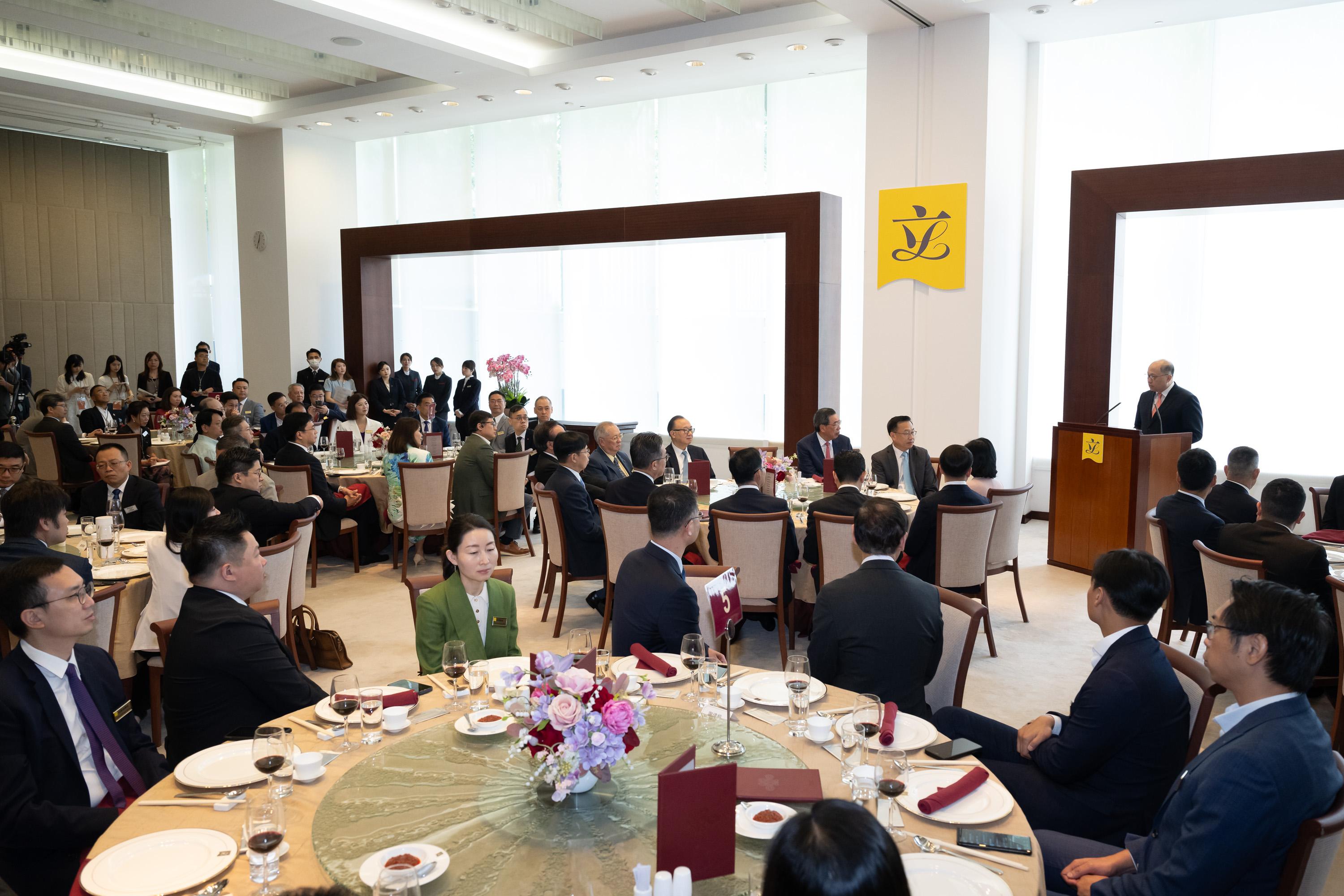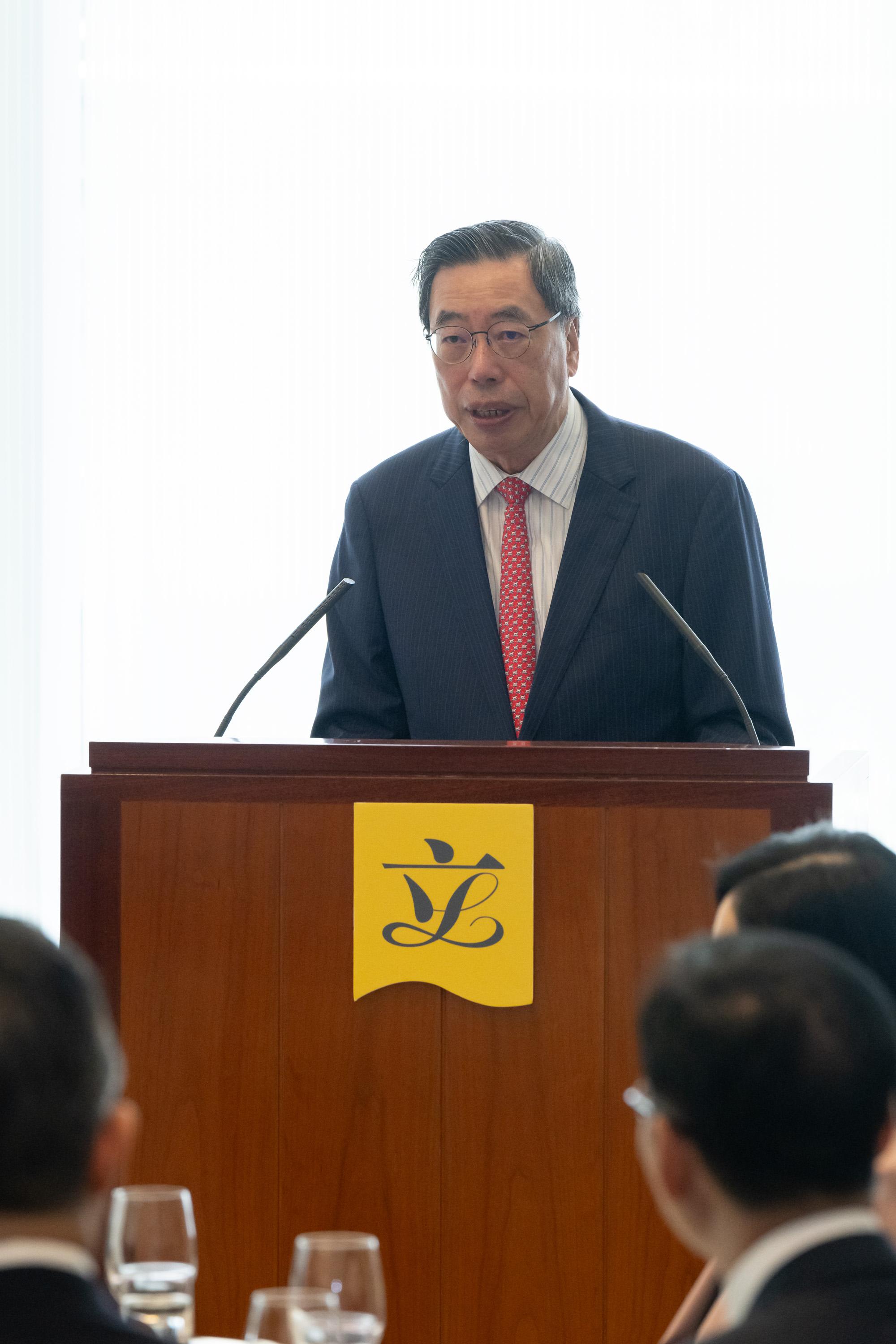International Reserves and Foreign Currency Liquidity
The following is issued on behalf of the Hong Kong Monetary Authority:
The Hong Kong Monetary Authority (HKMA) released today (June 28) the analytical data on the Hong Kong Special Administrative Region's foreign currency reserves and foreign currency liquidity as at the end of May 2024 (Annex). These data are published monthly in the Template on International Reserves and Foreign Currency Liquidity in accordance with the International Monetary Fund's Special Data Dissemination Standard (SDDS).
****************************************************************
At present, four press releases relating to the Exchange Fund's data are issued by the HKMA each month. Three of these releases are issued to disseminate monetary data in accordance with the International Monetary Fund's SDDS. The fourth press release, on the Exchange Fund's Abridged Balance Sheet and Currency Board Account, is made in accordance with the HKMA's policy of maintaining a high level of transparency. For the month of June 2024, the scheduled dates for issuing the press releases are as follows:
| June 7 (Issued) |
SDDS International Reserves (Hong Kong's Latest Foreign Currency Reserve Assets Figures) |
| June 14 (Issued) |
SDDS Analytical Accounts of the Central Bank (Analytical Accounts of the Exchange Fund) |
| June 28 | SDDS Template on International Reserves and Foreign Currency Liquidity |
| June 28 | Exchange Fund Abridged Balance Sheet and Currency Board Account |

